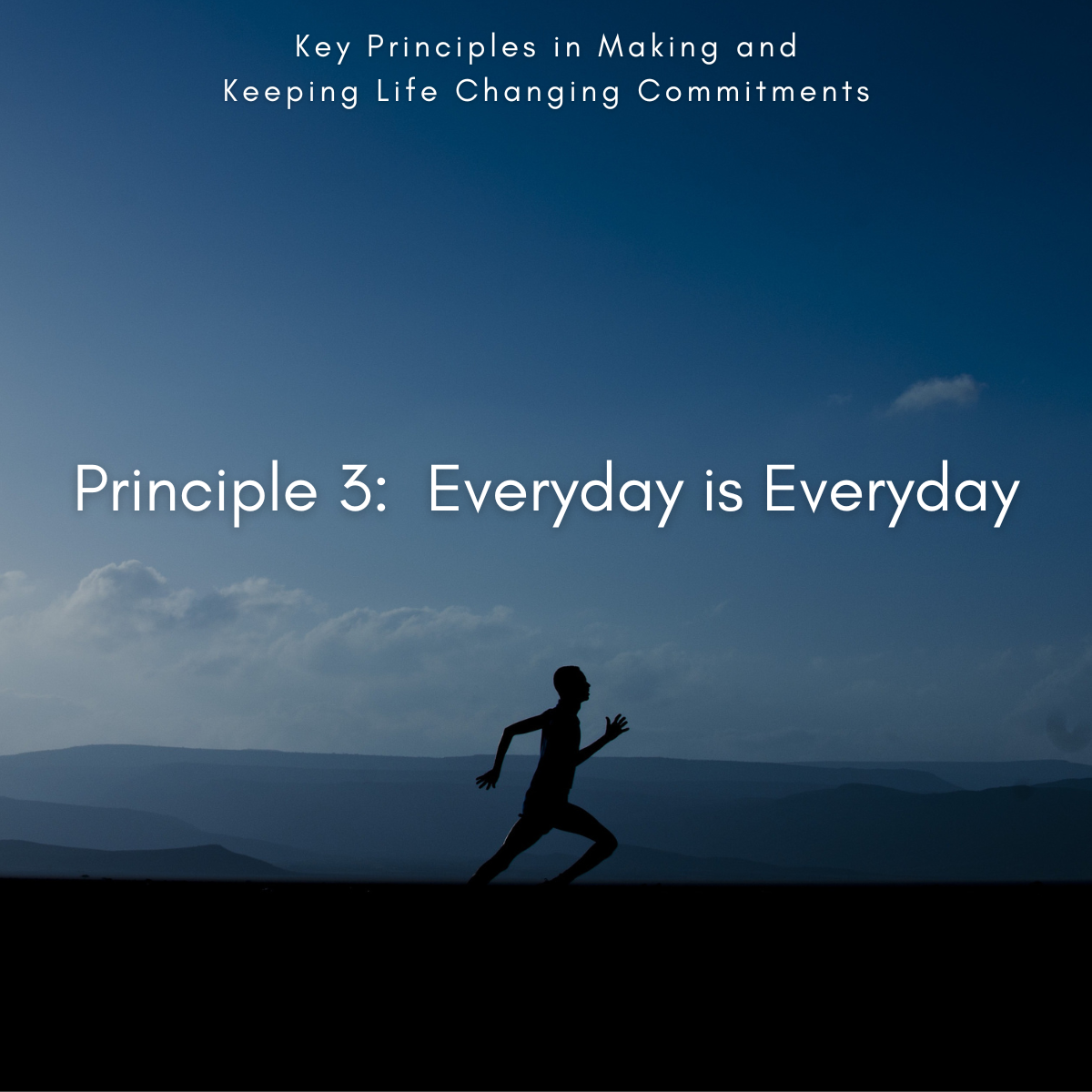“Act only according to that maxim whereby you can at the same time will that it should become a universal law.” – Immanuel Kant.
This quote, from Kant’s seminal work “Groundwork of the Metaphysics of Morals,” encapsulates his doctrine that our actions should be such that they could be universally applicable. It suggests that behaviors should never be detrimental or harmful to others, laying the foundation for Kant’s Categorical Imperative. This principle posits that anything deemed morally right should be applicable as a general law, irrespective of the consequences.
“Actions are right in proportion as they tend to promote happiness, wrong as they tend to produce the reverse of happiness.” – John Stuart Mill.
Contrastingly, this excerpt from Mill’s “Utilitarianism” introduces a consequentialist system of ethics. Unlike Kant’s focus on moral duties, Mill’s utilitarian approach evaluates actions based on their outcomes, specifically their ability to generate happiness. This philosophy posits that the morality of behavior is measured by its contribution to overall happiness.
Our daily decisions often navigate the inherent dilemma presented by these two philosophies. On the one hand, Kantian ethics urges us to consider our actions in terms of universal moral principles, potentially benefiting humanity at large. On the other hand, utilitarianism prompts us to pursue actions that enhance happiness, both for ourselves and, by extension, for others. Balancing what is morally right with what is necessary for happiness can present some of life’s most intricate and challenging questions.
In today’s world, we are perpetually confronted with the stark contrast between Kant’s and Mill’s ethical philosophies, often leading to contention and, in extreme cases, even warfare. Consider the recent spate of layoffs in several major technology companies, a situation I have personally navigated in a leadership role. Such decisions epitomize this ethical dilemma. A leader must wrestle with the question: is it more important to do what is morally right or what is necessary? Would we want universal adoption of the principle of prioritizing corporate profitability over the livelihood of employees?
This scenario poses a challenging question. Should a leader choose to lay off a number of employees to preserve the company’s profitability, thereby potentially enhancing their own happiness and that of the stakeholders and shareholders? This might align with Mill’s utilitarian approach, focusing on the greatest happiness for the greatest number. However, from Kant’s perspective, such an action might fail the test of moral universality. Herein lies a practical example where doing what is necessary might diverge sharply from what one considers morally right.
Often, the dilemma between doing what is right and what is necessary can lead to disastrous consequences, especially visible in major global conflicts. Passionate viewpoints abound on all sides of current conflicts, such as those involving Israel, Russia, Ukraine, and Palestine. Many, including myself, find themselves in a state of internal conflict when observing these situations. The root of this tension lies in the balance between utilitarian considerations, where governments must act to defend their people, their lives, and their pursuit of happiness, and the moral imperative to act in a way that preserves life and aligns with what we would universally desire.
This ethical conundrum explains why arguments in such conflicts can simultaneously seem both right and wrong. In an ideal world, doing what is right and doing what is necessary would align perfectly. However, it is the misalignment of these principles that often gives rise to conflict. When the pursuit of a nation’s happiness and security (a utilitarian goal) clashes with the universal moral principle of preserving life and dignity (a Kantian ideal), the decision-making process becomes fraught with moral complexity and ethical challenges.
The inherent challenge in these ethical dilemmas is that there is no universally correct perspective. Often, the core philosophical conflict is not fully comprehended by the participants themselves. The clarity of the underlying issues is further obscured by various factors, including religious beliefs, differing short-term and long-term perspectives, contextual nuances, and local traditions and laws. Consequently, history has occasionally witnessed individuals who have risen meteorically to prominence by offering what seems to be a clear resolution to these seemingly intractable dilemmas. These figures captivate the public imagination by providing a sense of direction and certainty in situations where clear answers are rare, and the moral landscape is typically ambiguous and fraught with complexity.
When Mahatma Gandhi rose to prominence in India, the country was grappling with several critical issues, all of which intersected with the philosophical dichotomy of utilitarian and Kantian ethics. Gandhi’s approach provided a unique path that resonated deeply with both these ethical perspectives.
1. Colonial Rule and Indian Independence: India was under British colonial rule, and the primary issue was the struggle for independence. The utilitarian view here involved seeking the greatest happiness for the greatest number, which in this case was the freedom and self-governance of the Indian population. From a Kantian perspective, the struggle was about the inherent right to self-determination and justice, irrespective of the consequences.
2. Economic Exploitation and Social Injustice: The Indian populace suffered economic exploitation and social injustice under colonial rule. Utilitarian ethics would focus on actions that alleviate this widespread suffering and improve the overall well-being of the population. Kantian ethics, on the other hand, would emphasize the moral imperative to treat every individual as an end in themselves, not merely as a means to an economic or imperial end.
3. Communal Tensions: Gandhi also faced the issue of communal tensions between different religious and ethnic groups. The utilitarian approach would seek to minimize conflict and maximize harmony for collective happiness, while the Kantian view would stress the moral duty to respect and uphold the rights and dignity of every community.
Gandhi’s approach, often encapsulated in his philosophy of Satyagraha (truth-force) and Ahimsa (non-violence), provided a path that aligned with both Kantian and utilitarian perspectives:
– Non-Violent Resistance (Ahimsa): Gandhi’s insistence on non-violence resonated with Kant’s imperative of treating all individuals as ends in themselves. It also aligned with the utilitarian goal of reducing overall suffering and achieving the greatest good (independence and social justice) through peaceful means.
– Civil Disobedience and Satyagraha: His strategy of civil disobedience, based on the principle of Satyagraha, was a method of asserting moral rightness (Kantian) while also aiming for a practical, beneficial outcome for the masses (utilitarian), namely independence and social reform.
– Inclusivity and Moral Leadership: Gandhi’s leadership transcended communal and religious divides, appealing to a universal sense of justice and human dignity (Kantian ethics) while also striving for the collective happiness and welfare of the Indian populace (utilitarian ethics).
Gandhi navigated the complex socio-political landscape of India with an approach that offered a harmonious blend of Kantian and utilitarian ethics. His philosophy and methods provided a moral and practical roadmap for the Indian independence movement, demonstrating how ethical principles can guide effective and humane socio-political change.
In reflecting upon the profound ethical dilemmas presented throughout history and in our contemporary world, it becomes evident that the philosophies of Kant and Mill, representing deontological and utilitarian ethics, respectively, offer valuable yet distinct lenses through which to view our decisions and actions. These theories, while occasionally converging, more often present a complex spectrum of choices, each with its own moral weight and practical implications.
The essence of these ethical paradigms, as illustrated through historical figures like Mahatma Gandhi and contemporary global conflicts, is not in offering definitive answers but in providing frameworks that guide our moral compass. Gandhi’s unique synthesis of Kantian and utilitarian ethics in the Indian independence movement exemplifies how a balanced integration of moral duty and the pursuit of collective happiness can lead to profound social and political change.
As we navigate the intricate web of moral choices in our personal and public lives, the key is not to seek a singular ‘correct’ approach but to understand and respect the nuanced nature of ethics. Our decisions should be informed by a deep consideration of both the moral principles at stake (Kantian ethics) and the consequences of our actions on the happiness and well-being of others (utilitarianism).
In conclusion, the journey through ethical dilemmas is less about resolving the tension between doing what is right and what is necessary and more about finding a path that harmoniously balances these competing imperatives. It is a journey that requires continuous reflection, empathy, and a willingness to adapt and evolve our understanding of what constitutes ethical action in an ever-changing world. Through this journey, we can aspire to not only make decisions that are ethically sound but also contribute positively to the tapestry of human experience and societal progress.




